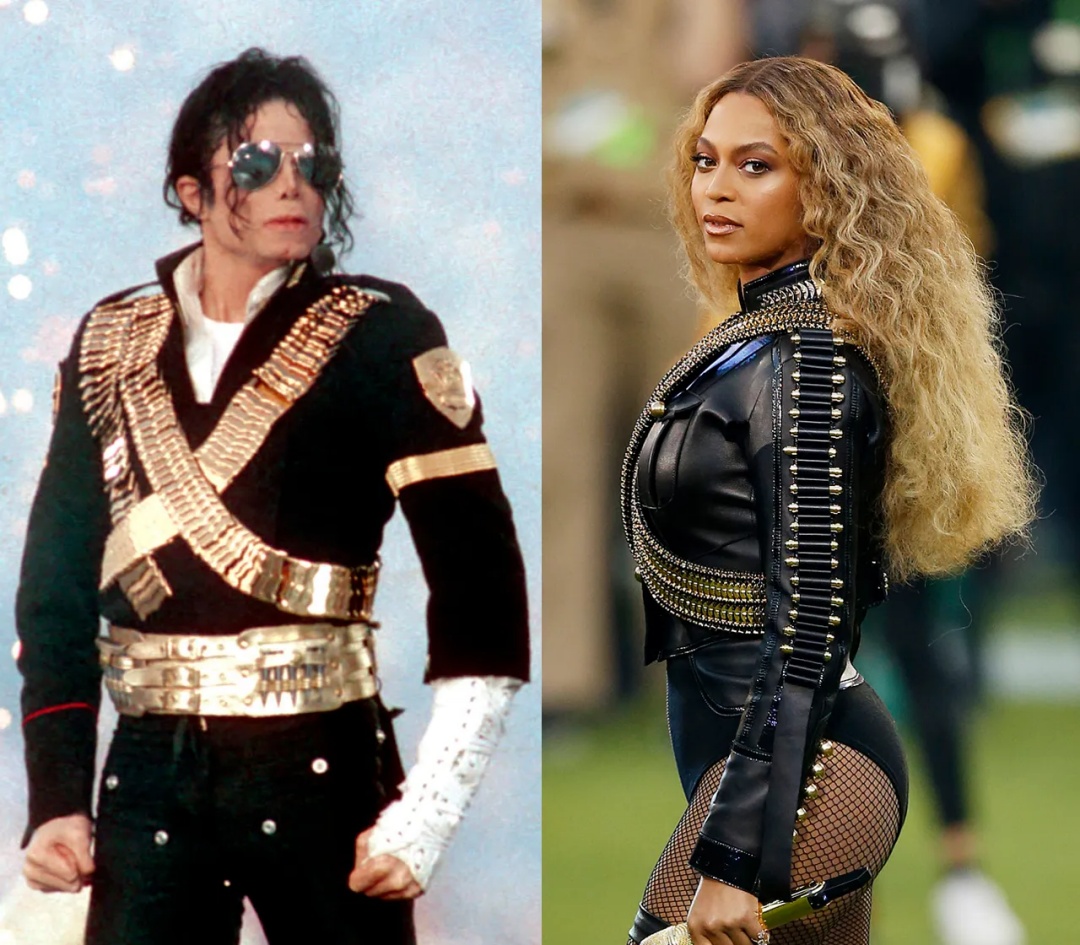In a recent interview, Jay-Z made a bold and provocative statement, declaring that his wife, Beyoncé, has surpassed Michael Jackson as the most important Black artist of our time.
This comparison, while controversial, has sparked widespread discussion about the impact and influence of both these musical icons.
Jay-Z’s assertion isn’t just a testament to his admiration for his wife but also a recognition of Beyoncé’s monumental influence in the music industry and beyond.
Since her rise to fame with Destiny’s Child, Beyoncé has consistently pushed boundaries, reinventing herself and her music while addressing critical social issues.

Beyoncé’s Cultural and Musical Impact
Beyoncé’s career trajectory has been nothing short of extraordinary. Her solo debut, “Dangerously in Love,” set the stage for a prolific career filled with groundbreaking albums, including “B’Day,” “I Am… Sasha Fierce,” and “Lemonade.” Each release showcased her versatility and ability to blend genres, creating music that resonates with diverse audiences worldwide.
Beyond her music, Beyoncé has used her platform to highlight social and political issues. Her visual album “Lemonade” delved into themes of Black womanhood, infidelity, and resilience, earning critical acclaim and sparking conversations about race and gender. The “Formation” video and subsequent Super Bowl performance were powerful statements on Black pride and police brutality, further cementing her role as a cultural icon.
Michael Jackson’s Legacy
Michael Jackson, often referred to as the “King of Pop,” revolutionized the music industry with his unmatched talent and innovative approach to music videos and performances. Albums like “Thriller,” “Bad,” and “Dangerous” broke records and set new standards for pop music. His influence extended beyond music, with his iconic dance moves, such as the moonwalk, becoming ingrained in popular culture.